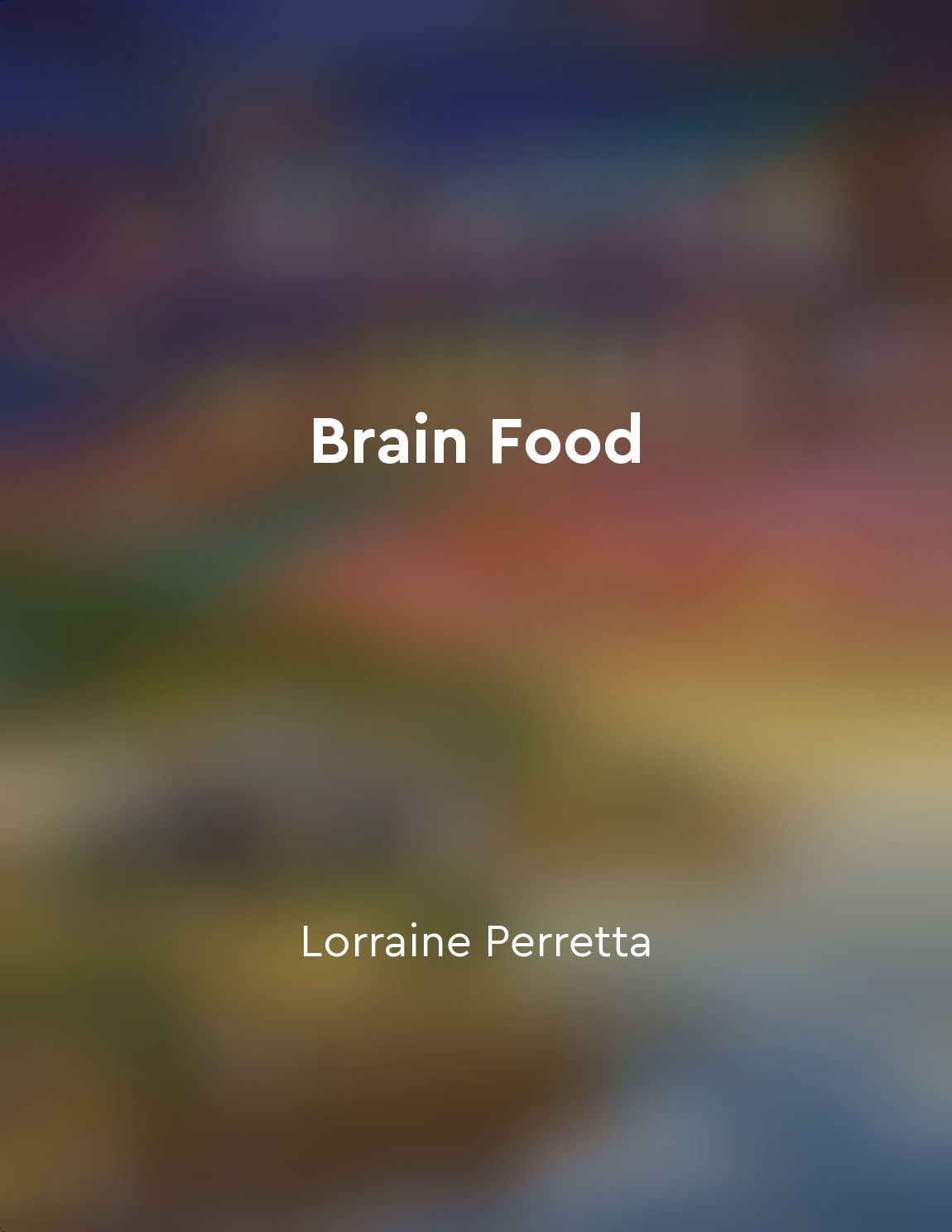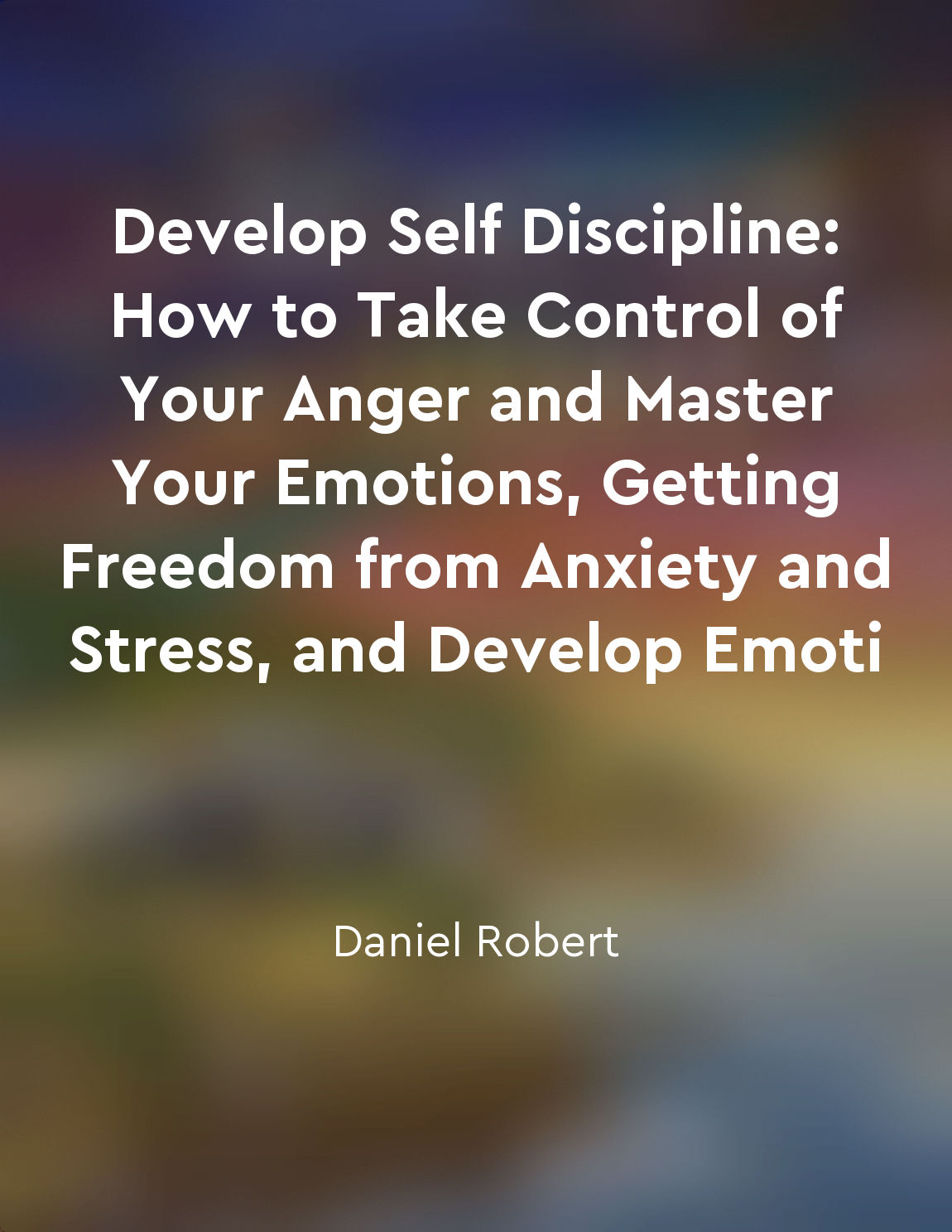Emotional eating can be addressed from "summary" of Eat for Life by Joel Fuhrman
Emotional eating is a common behavior that many people struggle with. It involves using food as a way to cope with negative emotions such as stress, anxiety, sadness, or loneliness. This can lead to overeating or choosing unhealthy foods that provide temporary comfort but ultimately do not address the root cause of the emotions. However, emotional eating can be addressed. It is important to recognize and acknowledge our emotions instead of trying to suppress them with food. By learning to identify the triggers that lead to emotional eating, we can develop healthier coping mechanisms that do not involve food. One key strategy is mindfulness, which involves being fully present in the moment and paying attention to our thoughts and feelings without judgment. By practicing mindfulness, we can become more aware of our emotions and the reasons behind our desire to eat emotionally. This can help us break the cycle of using food as a way to numb or distract ourselves from our feelings. In addition to mindfulness, building a strong support system can also help address emotional eating. Connecting with friends, family, or a therapist can provide a safe space to talk about our emotions and receive support and guidance. By sharing our feelings with others, we can gain new perspectives and find healthier ways to cope with stress and difficult emotions. Furthermore, making healthy food choices and prioritizing self-care can also play a role in addressing emotional eating. Eating nutrient-dense foods that nourish our bodies can help improve our mood and overall well-being. Engaging in regular physical activity, getting enough sleep, and practicing relaxation techniques such as meditation or yoga can also help reduce stress and improve our emotional health. By taking steps to address emotional eating, we can develop a healthier relationship with food and learn to nourish our bodies in a way that supports our emotional well-being. It is possible to break free from the cycle of emotional eating and cultivate a more balanced and fulfilling approach to eating and self-care.Similar Posts

The Standard American Diet is harmful
The Standard American Diet (SAD) is the typical way of eating for many individuals in the United States, characterized by a hig...
Probiotics can improve mental health
One interesting way to boost your mental health is by improving your gut health. Probiotics, the good bacteria found in foods l...

Caloric restriction can slow down the aging process
Caloric restriction has been shown to slow down the aging process in various species, including yeast, worms, flies, and mice. ...

Quality fats are essential for vibrant health
In the world of nutrition, one undeniable truth reigns supreme: quality fats are the oil that keeps the machinery of our bodies...

Trust the process of personal transformation
In your journey of personal transformation, it is crucial to have faith in the process. This means letting go of the need to co...
Include whole grains such as brown rice and quinoa
To achieve optimal health, it is essential to include whole grains in your diet. Whole grains such as brown rice and quinoa are...
Movement and exercise are vital for holistic wellbeing
Movement and exercise play a crucial role in promoting holistic wellbeing, encompassing physical, mental, emotional, and social...

Turmeric has antiinflammatory properties that support brain health
Turmeric, a vibrant yellow spice commonly found in curry dishes, has gained popularity in recent years for its potential health...

Remember that selfdiscipline is a journey, not a destination, and be patient with yourself along the way
Self-discipline is not something that can be achieved overnight. It is a process that takes time and effort. It is important to...
Our bodies evolved to seek out nutrientdense foods
Our bodies, like all living organisms, are the product of millions of years of evolution. This process has equipped us with a r...
